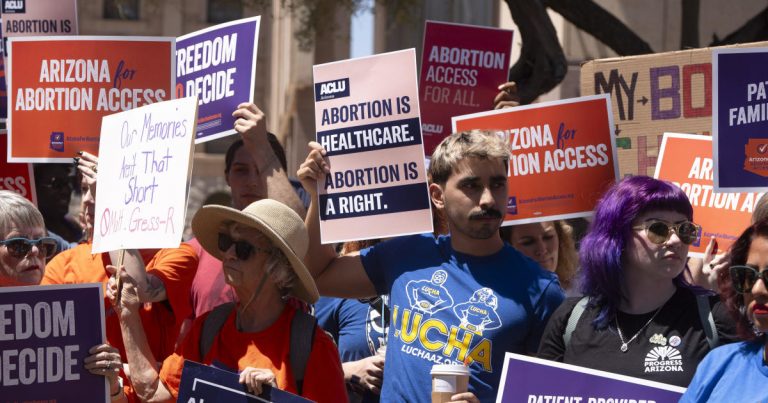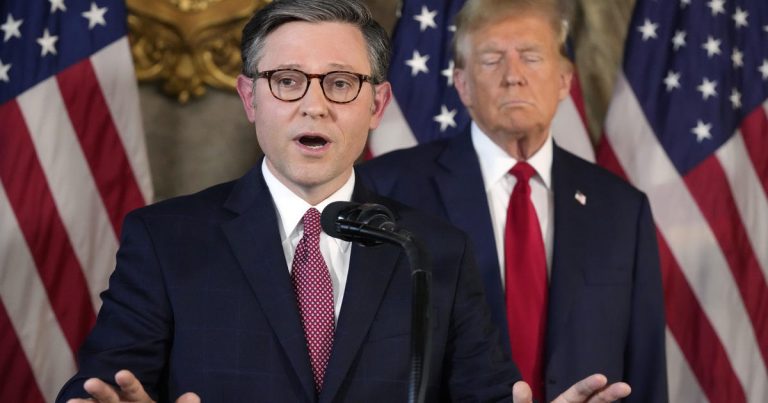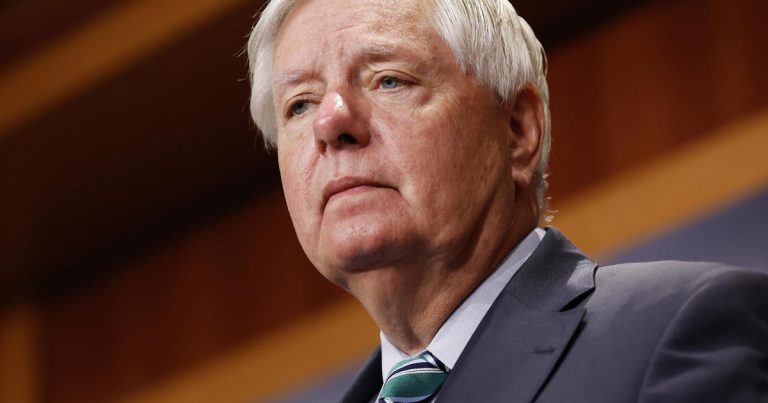Harris-Walz team highlights differences with Trump-Vance on health care.
With the November presidential election rapidly approaching, Vice President Kamala Harris has selected Minnesota Gov. Tim Walz as her running mate, catapulting health care to the forefront of the campaign. Walz, a former high school teacher and football coach, has a track record of supporting progressive health care initiatives both as a governor and during his time in the U.S. House of Representatives. Minnesota, the state he governs, is home to significant players in the health care industry like UnitedHealth Group and the Mayo Clinic.
Republicans have been quick to criticize Walz’s health care stance, painting the Harris-Walz ticket as extreme. On the other hand, Democrats argue that his efforts to lower drug costs and protect abortion rights resonate with swing voters. Regardless of political affiliation, Walz’s selection underscores the ongoing battle over abortion access and the nation’s escalating health care costs.
Walz’s positions align closely with Harris’s priorities. He has championed abortion access, codifying abortion rights in his state and advocating for reproductive health. Walz also supported legislation empowering the government to negotiate drug prices in Medicare, resulting in lower costs for beneficiaries. As governor, he signed laws to limit out-of-pocket expenses for insulin and extended COVID-19 safety measures like mask mandates and stay-at-home orders.
One of Walz’s personal advocacy areas is fertility treatments, drawing from his own experience with IVF treatment. His candid sharing of this journey resonates with voters across the political spectrum, adding depth to his health care platform.
However, Republicans in Minnesota are critical of Walz’s policies, citing concerns about government overreach and extreme ideological positions. Some voters, like Tracy Mitchell, feel alienated by Walz’s health care approach, leading them to support other candidates like former President Donald Trump.
Democrats are optimistic that focusing on health care will boost their chances in the election, tapping into voter anxieties about medical costs. Polls indicate widespread concern about health care affordability, overshadowing issues like immigration and gun violence. The selection of Walz as Harris’s running mate presents an opportunity for Democrats to highlight health care as a personal, relatable issue.
On the GOP side, Ohio Sen. JD Vance complements Trump’s ticket with his emphasis on health care accessibility, particularly in rural areas. Vance’s evolution on health care policy, from supporting certain aspects of the Affordable Care Act to aligning with Trump’s views, reflects the broader debate within the Republican party.
The contrasting positions of Walz and Vance illustrate the divergent health care platforms of the two political parties. While Walz focuses on expanding access and affordability, Vance emphasizes state-level decision-making and concerns about federal intervention in health care.
The upcoming election will likely see a heightened emphasis on health care, with both parties vying for voter support based on their respective approaches to this critical issue. Walz’s nomination brings additional momentum to the Democratic campaign, particularly among voters like Angel Palm, who value candidates with a strong health care agenda.
Overall, the Harris-Walz ticket has the potential to reshape the health care debate in the final sprint to the election, highlighting the ongoing relevance of this issue in American politics.








